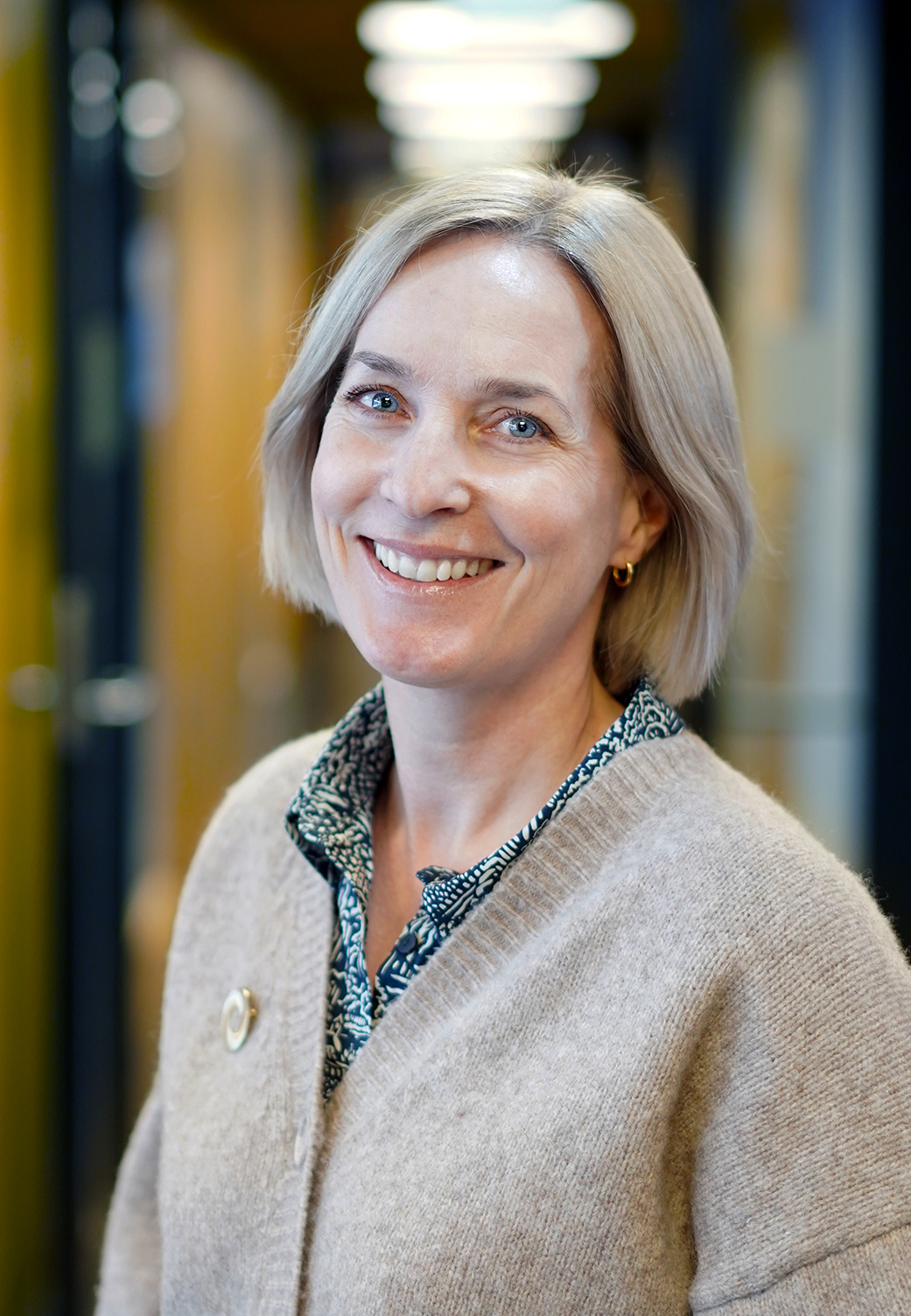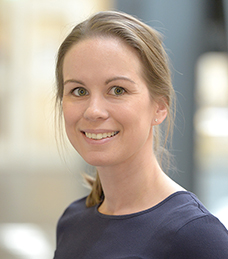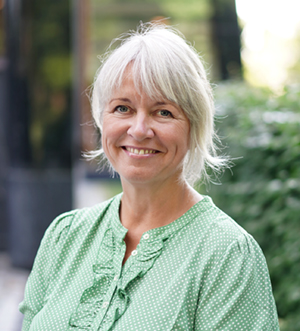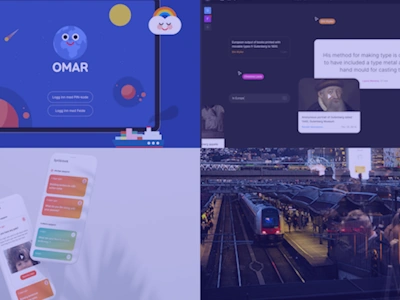Researchers, developers, and designers at the Department of Education have developed the digital collaboration tool Talkwall in this project. The tool is a research-based and pedagogical innovation, and the project now focuses on further developing the tool in collaboration with teachers in primary and higher education.
What is Talkwall?
Talkwall is a free research-based tool for sharing short messages on a common digital board. In Talkwall, the teacher creates tasks, asks questions, and guides the discussions. Students can participate in Talkwall either by using nicknames and a common PIN code created by the teacher, or they can log in with their FEIDE user.
The teacher can create tasks and ask questions. Participants can work individually, in groups, or as a whole class. Participants have access to each other’s contributions and can build on them. All contributions are displayed on a large screen, they can be organized, discussed, and further developed collectively.
The short message format supports oral activities and collective knowledge development. The tool can be used to create academic connections between individual and group-based learning activities. Talkwall also opens up new opportunities for students who are hesitant to participate orally.
Watch a video about Talkwall
Talkwall has been developed through an innovation project. This digital collaboration tool helps students and teachers engage in meaningful conversations in the classroom. Video: Shane Colvin/UiO










